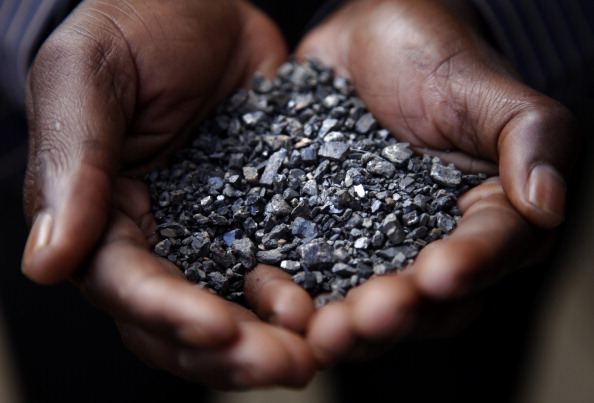
The Democratic Republic of Congo’s long war, which has claimed an estimated three million lives as a result of fighting or disease and malnutrition, was fueled by the regions vast mineral wealth (Photo Credit: Kuni Takahashi/Getty Images).
You know that phone you’re texting on? Do you know how its microchips are made?
Thanks to work by Amnesty International and partner organizations, companies that rely on certain minerals from the Democratic Republic of Congo or neighboring countries now have to investigate and report on whether those minerals fund armed groups.
And it’s about more than just smartphones – “conflict minerals” (tin, tantalum, tungsten, and gold) are used in products like your laptop and even your car. Public disclosure of companies’ sourcing practices can have a real impact on entire industries, pushing companies to take human rights into account as they do business. Can you hear me now?
